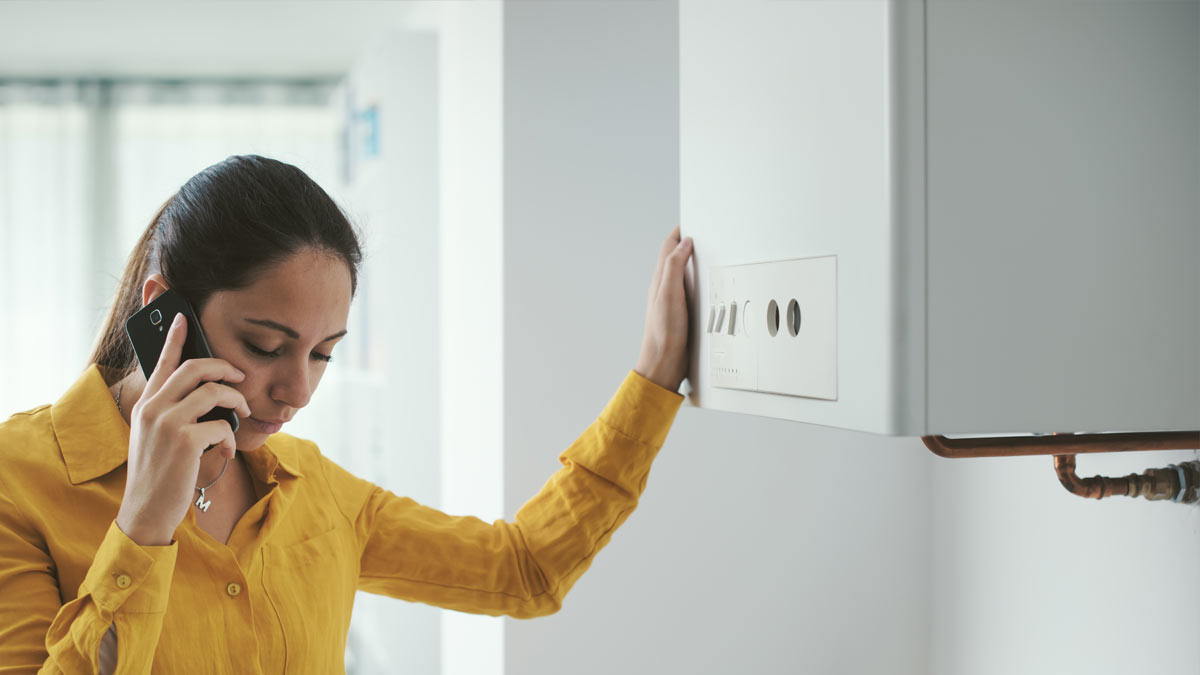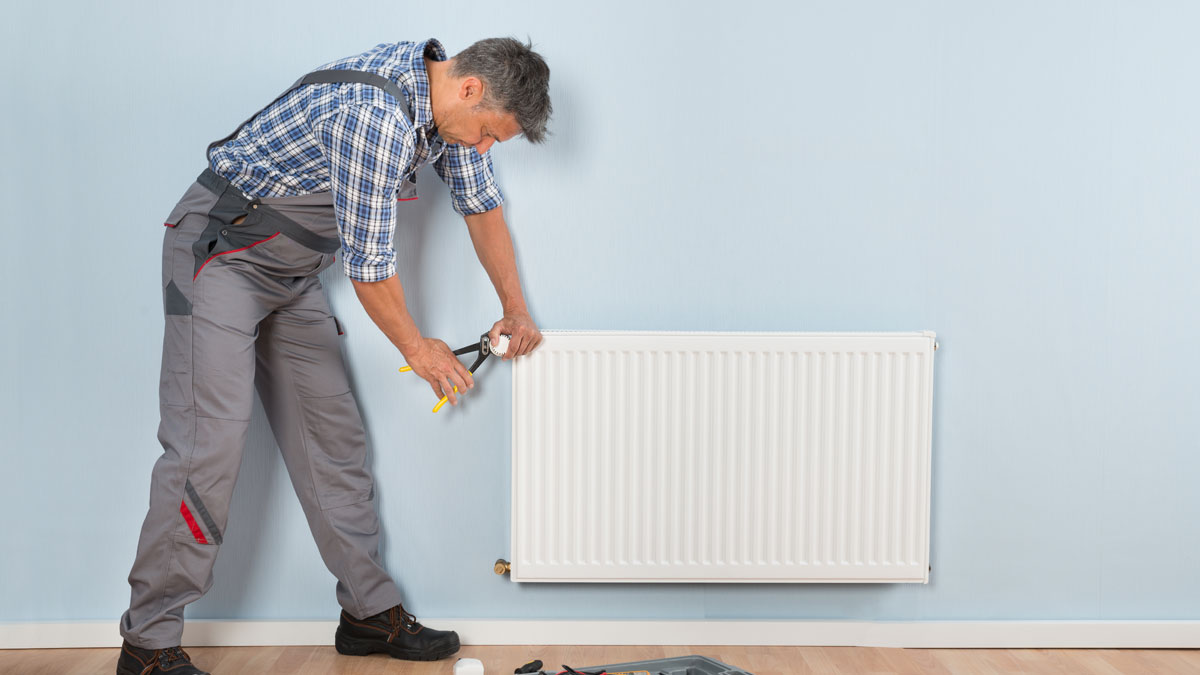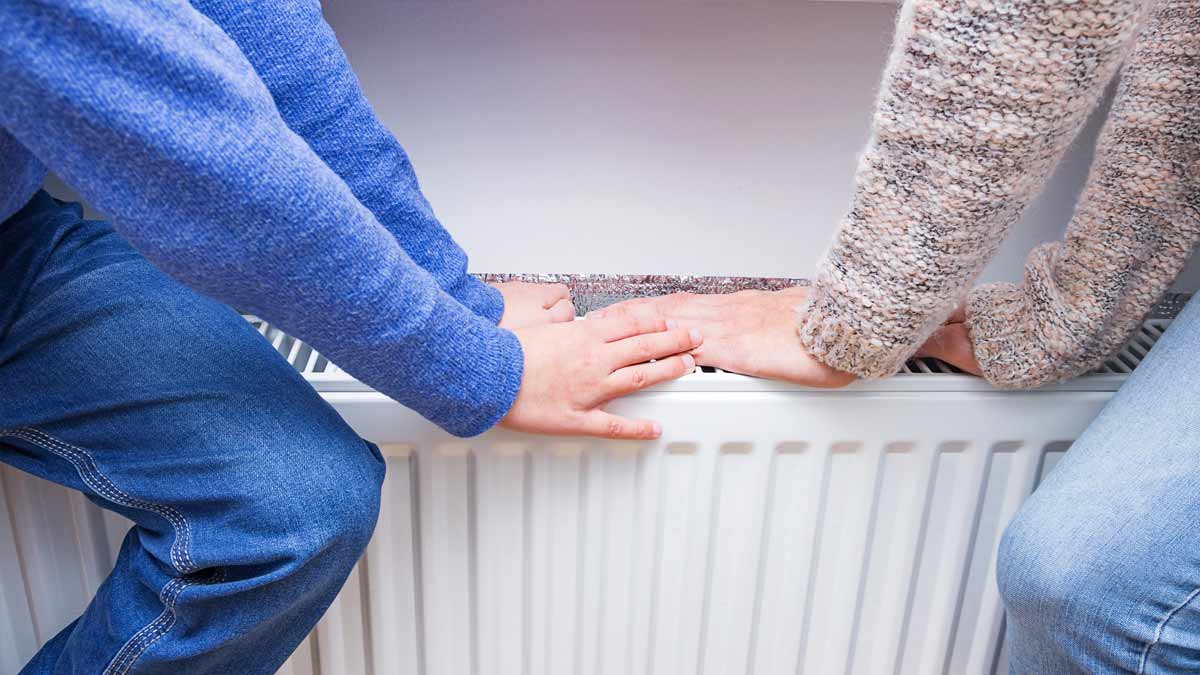Every house uses a boiler. They provide warm rooms in winter or warm water for a nice shower. But sometimes, they face issues. In this article, we want to focus on the most common boiler problems and help you with some solutions to fix them.
What is a boiler and how does it work?
A boiler is a central heating system that can provide you with the heat needed for warming the house. In addition, it is the boiler’s responsibility to provide you with hot water whenever you open a tap while washing the dishes or taking a shower.
To this end, the boiler needs to have a fuel supply which is usually gas. Whenever you open a tap or turn on the radiators, the thermostat sends a message to the boiler. This message causes the gas to enter the combustion chamber through a nozzle. Then the gas ignites using the electronic igniter or the pilot light. This way, the water in the radiator heats up. Then it is pushed to your pipes.
What are the main parts of a boiler?
Here we go through the main three components of a boiler. However, the article Everything you must know about boilers types will give you a more detailed view of the different parts of the boiler.
There are three main components in a boiler:
1. Burner
When hot water is needed for the radiators or faucets, a message is sent from the thermostat to the burner. The burner pumps fuel through a nozzle to the boiler. Fuel is sprayed finely, and it is ignited there. This creates a reaction in the combustion chamber.
2. Combustion chamber
To put simply, this is where the fuel/gas mix is burnt. It is usually made of cast iron as the temperature there, may get to several hundred degrees. The heat generated here is later transferred to the heat exchanger.
3. Heat exchanger
As the name suggests, it transfers heat to water. The heat created in the combustion chamber is in the heat exchanger when the cool water circulates around it. As this circulation happens, the heat is transferred to water, and as a result, we will have hot water. In sum, at the beginning of the process we have cool water and hot air, later we have hot water and cooler air.
Common issues with boilers and troubleshooting them
Boiler leaking
One of the most common boiler problems is leaking. It can be the result of a minor problem like a broken pressure valve; or it can be due to a broken pump seal caused by too high pressure. On the other hand, there are some major problems like corrosion or incorrect boiler installation.
This problem cannot be fixed on your own, and you need to call the boiler repair service. The engineer may even recommend changing the boiler in case the problem is corrosion or a leak in the pump.
Low boiler pressure
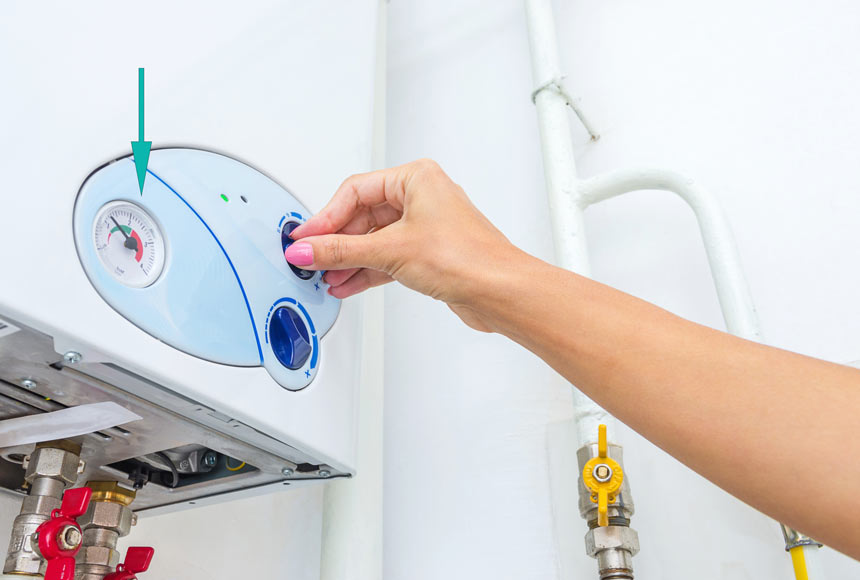
Boiler Problems – Pressure gauge
Boilers need to have an optimum pressure level to function well. To check if the pressure of your boiler is the right amount, you need to check the pressure gauge. Normally, the pressure should show around 1.5 bar. If the number is less than 1, it indicates low pressure.
Low pressure can be caused by leaks. Firstly, check the joints and seals for leaks. If you found holes, it is best to call a Gas Safe engineer to fix them. If there is no visible sign of leaking, there would not be a big issue, and you can repressurize your boiler by yourself. To do so, you can go through our step-by-step manual on How to repressurize the boiler.
Kettling / Noisy boiler
If you think the sound your boiler makes has changed, check the kind of noise created to find out about the problem. The most common sound to hear from the boiler is kettling, a sound similar to a boiling kettle. It usually happens in areas with hard water. In this case, the minerals and limescale deposits build up on the heat exchanger.
You can overcome this through regular boiler maintenance.
You can ask your engineer in your annual service for power flushing service. They will use some chemicals and high pressure to flush all the deposits from your boiler. Also, they may put some limescale inhibitors in your boiler.
Frozen condense pipe
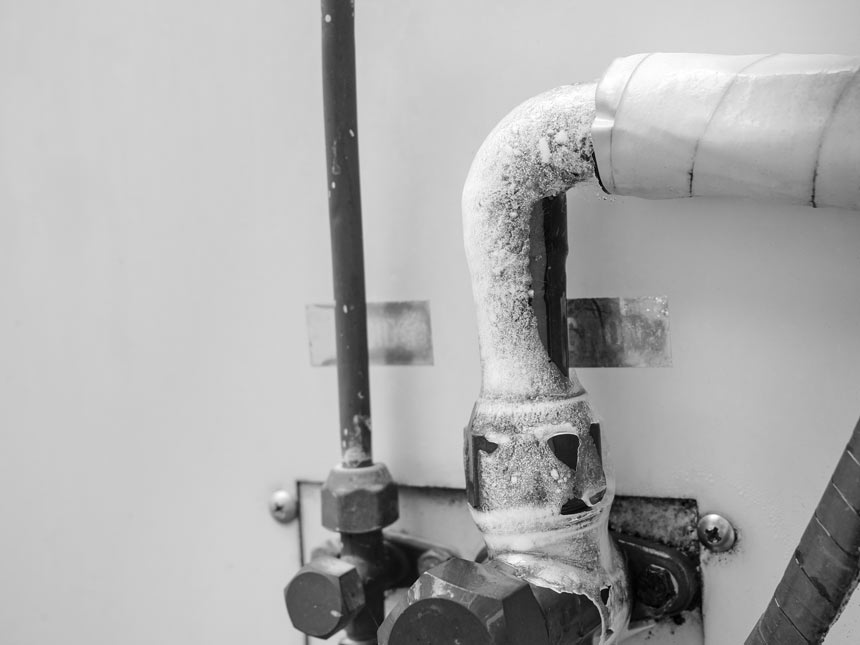
Frozen condense pipe
An essential part of every boiler is the condensate pipe. A condensing pipe transfers the wastewater (usually acidic or containing harmful deposits) produced by the heating process. It usually comes out of the boiler and is connected to a waste drain or something like a sink waste. One of the most common boiler issues is the frozen condensate pipe. This usually happens in cold seasons with condensation pipes located outdoors. When they freeze, they get clogged then the boiler cannot get rid of the wastewater, and this causes issues. But don’t worry. It is quite easy to find out the problem and fix it. You can easily find the condensation pipe as it is a white polyester pipe coming out of your boiler or the wall. Having acidic water inside, it should always be of plastic or polyester. After finding the frozen pipe, get hot water and pure hot water on the frozen pipe. The water shouldn’t be boiling hot as it may melt the pipe. Keep doing this until the pipe is not clogged anymore. To prevent future problems, you can cover your pipe with foam.

Condensation pipe
Pilot light keeps turning off
Older boilers have got a pilot light instead of the electronic ignition system of modern boilers. It is a common problem with them to keep switching off from time to time due to different reasons. As they are in direct touch with the gas nozzle, there may be built-up carbon deposits causing insufficient gas supply. Another simple but common reason is draught blowing causing the pilot light to turn off. Also, aging of the boiler can cause a faulty thermocouple which causes the pilot light to turn off.
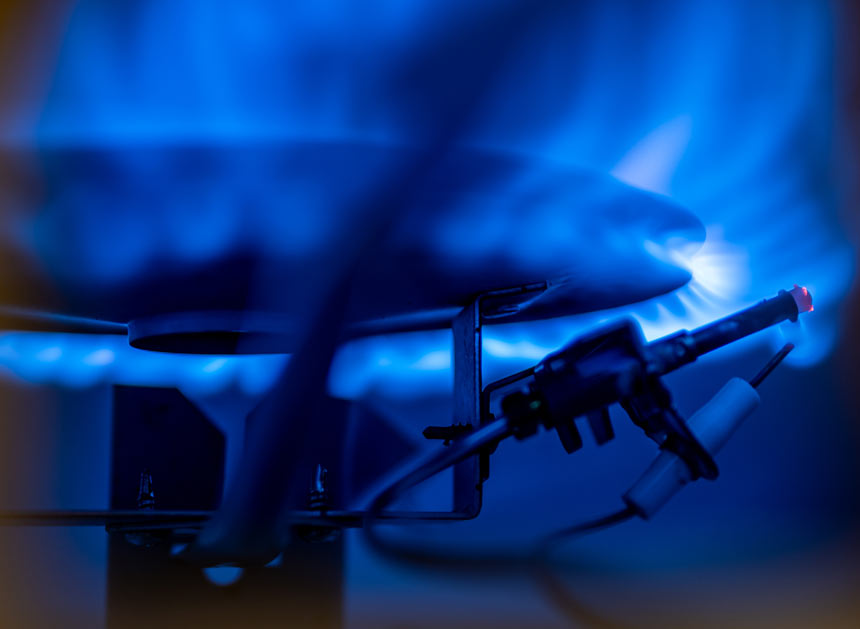
boiler issues – Condensation pipe
To overcome this issue, it is best to check your other gas appliances first to see if they work. Sometimes there is an issue with the gas that causes the light to turn off. In this case, after resolving the gas supply issue, reignite the pilot light again. For this, check the manual of your boiler for steps on turning on the pilot light. However, if it persists, this is a sign of a more serious boiler problem. You need to call a Gas Safe registered engineer for your boiler repair service as it is impossible for you to resolve the problem on your own.
Boiler won’t turn on
While facing this problem, check the other appliances (gas and electric) and see if they are working properly. Problems with other appliances indicate issues with your gas and power supplies, not your boiler. If things are normal, go to the fuse box and check if there is any failed or tripped switch. If you , you can conclude the problem is from the PCB (circuit board) of the boiler. You should call your boiler repair service and let them treat the issue.
But remember if the boiler turns on but keeps turning off, the source of the problem is different. It may be low pressure or other issues.
Heating or hot water issues
It is disappointing to see your water is not hot enough and whenever you let the tap open, nothing changes; or rooms are cooler than expected and radiators are not warming up. To treat these issues, first determine the kind of issue.
If your radiators are warm enough and the heating system is working properly but you do not have hot water, there may be a faulty thermostat, heat exchanger, or diverter valve. For figuring out the problem, the first step should be checking the setting and making sure the are not closed. If you didn’t find any faults, then the problem might be with your heat exchanger or diverter valve which needs to be treated by a specialist. On the other hand, if the water is warm enough, but your radiator not heating up , you may need to check several things. First, check the pressure gauge; if showing less than 1.2 bars, you may need to repressurize it. Another common source of boiler issue is the thermostat. In another article you can read about what to do when thermostat is not working. Also, in this case, it is so common to have air in the system, so you need to bleed your radiator. Read bleeding the radiators on our website for a step-by-step guide to fix this issue.
These were the most common issues with a boiler. As mentioned earlier, some problems are not hard to deal with on your own. But as they are connected to a gas supply, fixing real issues on your own is risky. Instead of tinkering with it, consider calling your boiler repair service for a registered engineer
How useful was this post?
Click on a star to rate it!
Average rating / 5. Vote count:
No votes so far! Be the first to rate this post.



